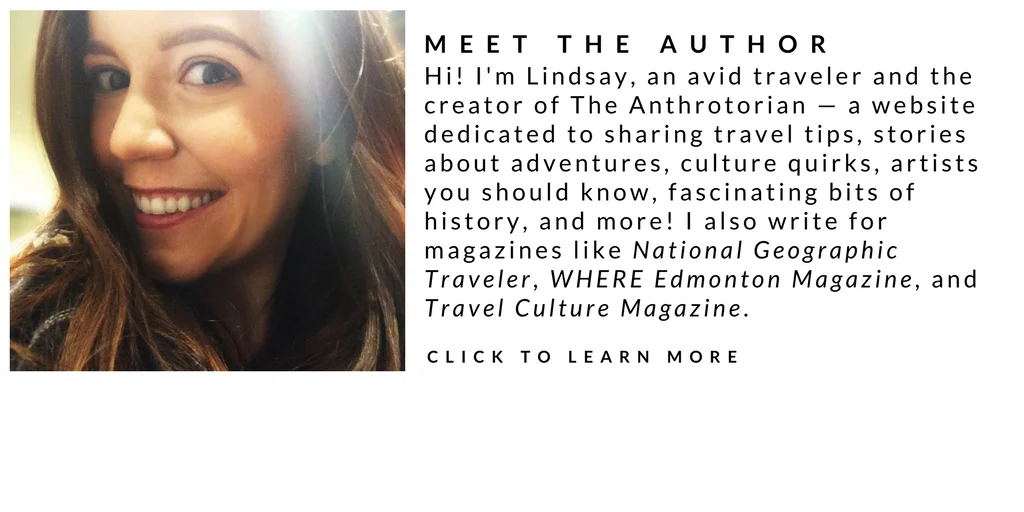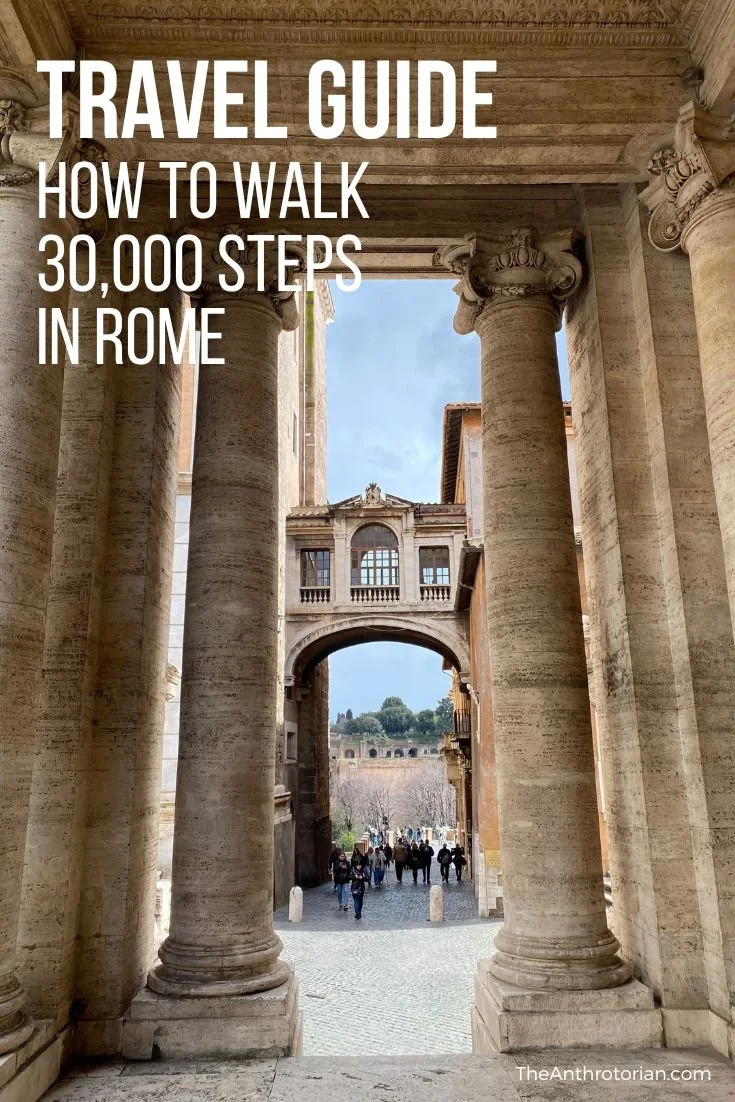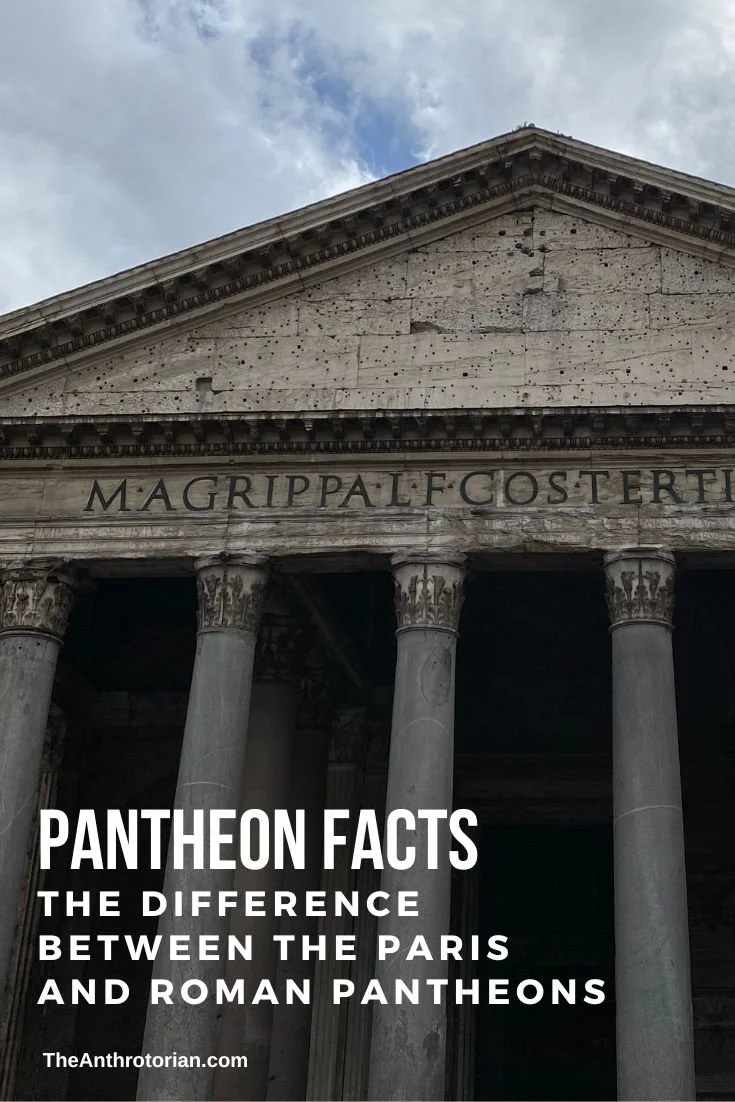A wise friend and fellow traveller once told me that "Friendships made while travelling are like friendships on steroids" — I couldn't agree more!
Meeting someone when you are both completely out of your comfort zone, and thrown into an adrenaline pumping situation where you are both vibrating at the same level, at the same time, is a completely unique situation.
Add to that the fact that you are in the same mode as everyone around you — meaning that you are all focused on where you've been, where you are going, what to see, what to eat, and what to drink to get the most out of your experience. No one is stressed about meeting a deadline, impressing the boss, or their five-year plan. It is all about the moment — and everyone you meet is living in it.
But, I have to say, that my all time favourite thing about travelling is the idea that you can start all over again whenever you want. Example: Drink too much one night and act like a fool? Jump on a train in the morning and head to a new town where nobody knows your name! (not that I have any experience in that... )
This also gives you the freedom to be one hundred percent yourself all the time. To lay it ALL out there, because if someone doesn't like the real you, then you never have to see them again. But, if they do like this real you, then you have potentially made a life-long friend who knows you better than most people who have known you for years.
I have some fantastic people in my life due to fast-friendships made on the tourist trail and hope to make many more in the future!
Cheers to friendships on steroids!













